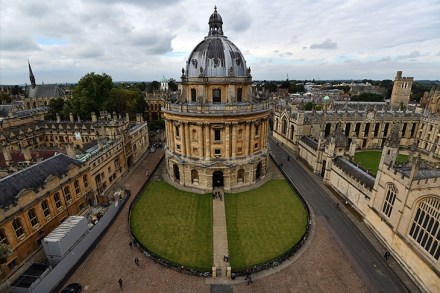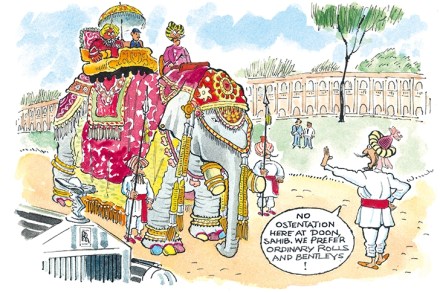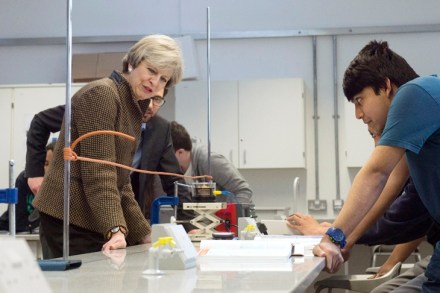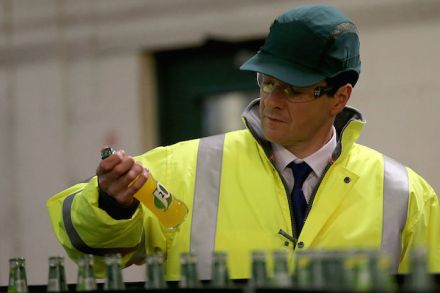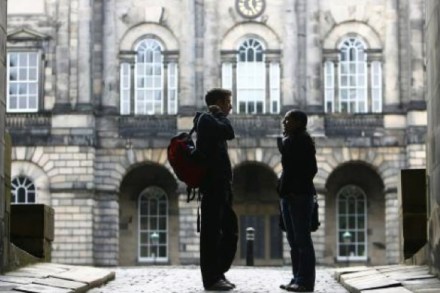For a real Oxbridge education, go to Durham
‘Should I just have done with it and tell them they’re a bunch of tossers?’ I was on my way to speak at the Durham Union. The motion was ‘This House believes the NHS is out of date’. And, as usual, I was on the ‘wrong’ side of the debate — so why should I even bother? You know beforehand which way the vote is going to go at any university debate these days: the one which enables the snowflakes most easily to signal their virtue. But, on the spur of the moment, I decided to give Durham the benefit of the doubt. ‘I was going to be incredibly rude
